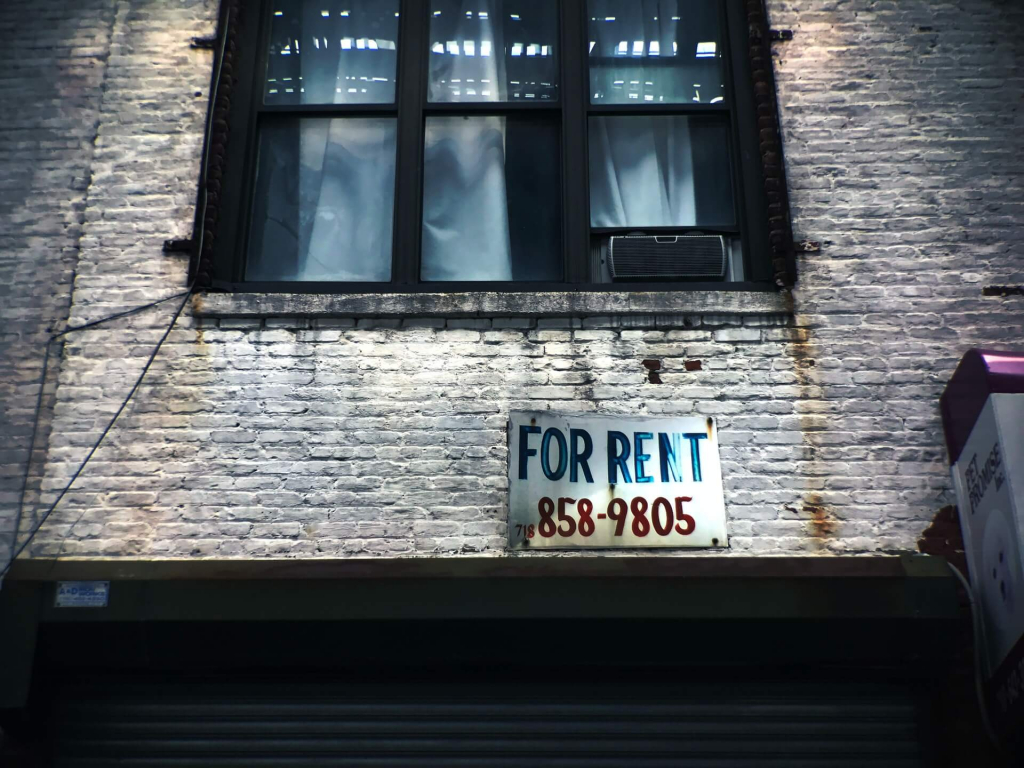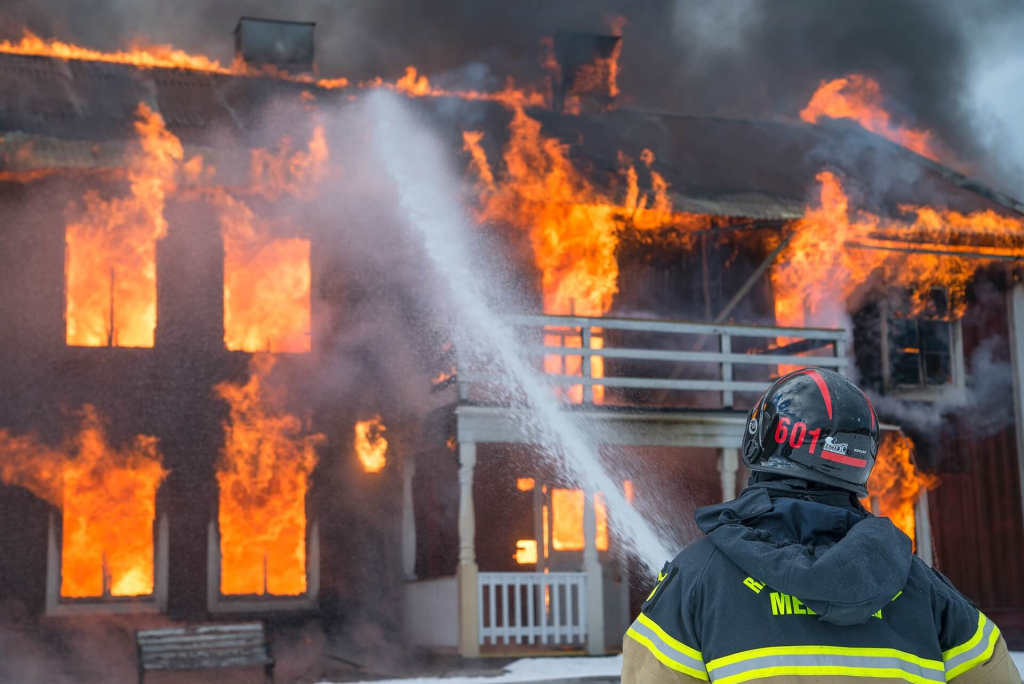Insurance has become one of the essential things that we have because it helps us stay financially afloat amidst loss, unexpected tragedies, and other unfortunate circumstances.
In the housing community, most rental property investors have landlord insurance to protect their business from financial challenges. But one of the pressing questions that landlords often have when it comes to landlord insurance is if the coverage includes the costs incurred during vacancy. We’ll delve into that more. But first, let’s define what landlord insurance is.

What is landlord insurance and its coverage?
As the term suggests, it is insurance purchased by the landlord for himself and his rental home to assist him in case of circumstances that cause financial loss. The coverage usually includes the cost of repair for damages caused by fire, flooding, vandalism, and other forms of destruction.
Other landlord insurance policies could cover the repair and replacement of appliances, furniture, and other contents of the rental property that are owned by the landlord. You also have the option to have liability coverage in case you’ll need to pay for legal damages or fees if you get sued by your tenant.
Is Rent Loss Due to Vacancy covered?
If the tenant moves out after his lease ends and the landlord has a vacancy that he should have already expected, the basic vacancy costs will not be covered by landlord insurance, even if it stays vacant for months.
There are some cases, however, when a tenant violates the lease or vacates the property before his lease ends without giving notice, insurance may cover some of the costs while you pursue the tenant for damages. But it depends on the coverage you agreed on with your insurance policy.

Loss of income insurance
One must remember that most insurance plans are customized based on the needs of the insured. Landlord insurance may have different coverage options. The usual ones are for property damage, destruction from natural calamities, and lawsuits.
What makes most landlords mistakenly assume that rent will be covered by the insurance during vacancies is the coverage known as the “loss of income insurance” or “landlord insurance rent loss coverage.”
However, one can only enjoy that coverage if the property becomes uninhabitable due to a covered reason like fire, calamities, storms, or other natural causes. In cases like this, a portion of your coverage will offset your losses by reimbursing some of the rent.
Unoccupied landlord insurance is only valuable if the landlord did not have a chance to find another tenant to rent the space.

Find Tenants Fast
Since insurance doesn’t cover rent loss due to vacancy, and the coverage for unexpected vacancies often depends on certain circumstances, the best way to decrease income loss due to vacancy is to find tenants to fill them.
As a residential rental agent, you need to help landlords find the best tenants as quickly and efficiently as possible. You can do that with the help of Padleads, where you can publish a listing and syndicate it to high-traffic rental websites. By getting many leads, you increase the chances of finding a tenant faster.